Six providers were admitted to the framework: Clarivate, Digital Science, Elsevier, Smartsimple, Vidatum and Worktribe.
The Framework supports a direct award mechanism, light weight mini tender and full mini tender process.
A sample institution is included as part of the technical specification. This allows institutions to assess the relative pricing for the specific set of services and features they require.
The sample institution description includes users, research grants, storage, training and system integration requirements. Providers are asked to calculate costs for initial setup, licensing, consultancy, project management, training and maintenance. Day rate costs are also included.
All prices quoted by Service Providers in response to the Tender are maximum prices for the framework duration for both the sample institution and any additional services purchased.
The framework initial term is to 31 March 2024 with the right to extend by four 12-month periods. This is an important factor as it provides continuity for institutions. With a CRIS being such a complex system requiring integration to many other systems, you need to allow for a reasonable lead-in/out time. A typical CRIS setup cycle could take 18-24 months.



